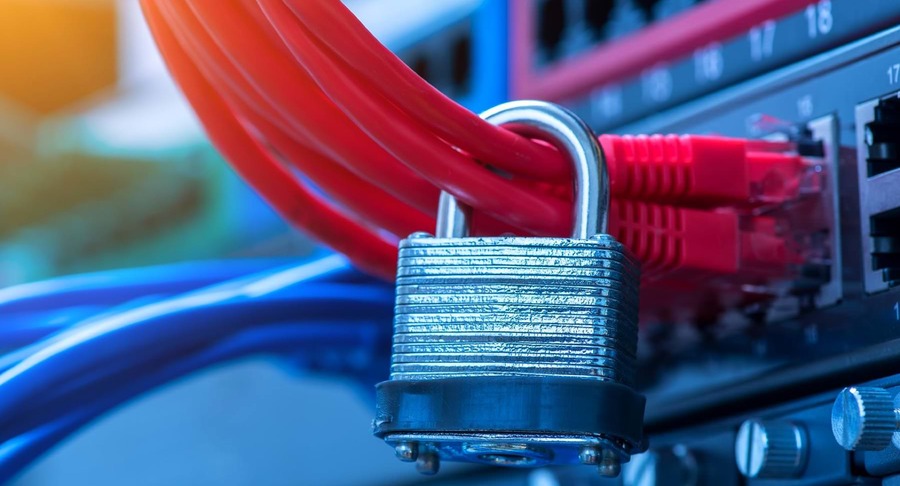Russian Telecom Operators Criticize Methods of Runet Sovereignty Implementation
MTS has submitted a critical review of a draft resolution by the Russian Government that proposes amendments to the rules for installing and upgrading equipment required to enforce the “Sovereign Runet” law, according to a report by Kommersant. The document mandates that telecom operators ensure compliance with requirements for the placement of technical threat counteraction devices (TSPU), including their connection to the network, organization of communication channels, and more. Companies would also bear financial responsibility for the safety of this equipment.
According to Federal Law 90-FZ, TSPU devices must filter traffic and restrict access to banned websites. These devices, which include DPI (Deep Packet Inspection) equipment, are provided to operators by Roskomnadzor. Their installation and maintenance are supposed to be funded by the state budget. Recently, authorities used these devices to block websites linked to Alexei Navalny and his associates, and experts believe they may be used in the future to neutralize VPN services.
MTS notes that under the proposed rules from the Ministry of Digital Development, operators would be required to independently increase the bandwidth of TSPU equipment to match the capacity of the network where it is installed. However, any equipment upgrades would require approval from Roskomnadzor. If the agency decides such upgrades are unnecessary, this could negatively impact service quality and network reliability, according to the company.
Currently, under a resolution adopted in February of last year, operators can request the state to upgrade TSPU equipment if it slows down speeds or reduces service quality.
MTS also pointed out that the new draft does not specify deadlines for Roskomnadzor to install TSPU devices. “Given that these same amendments require operators to prepare their networks for equipment installation, provide electricity and communication lines, and equip premises, they need to know in advance when work will be carried out on their networks,” the company stated.
A source at another major telecom operator agreed with MTS’s position: “Installing TSPU already requires significant changes to network design, making them less reliable and increasing the risk of outages, so any installation or upgrade should be done only according to a plan and regulations.”
The source also questioned the idea of making operators responsible for increasing TSPU bandwidth: “It’s unclear who will pay for this expansion.”
VimpelCom told the newspaper that they did not prepare a review of the Ministry’s draft. Rostelecom, MegaFon, Tele2, and ER-Telecom declined to comment. The Ministry itself stated that the draft has been sent to the Ministry of Economic Development for evaluation and will be further refined, including taking into account MTS’s comments.



